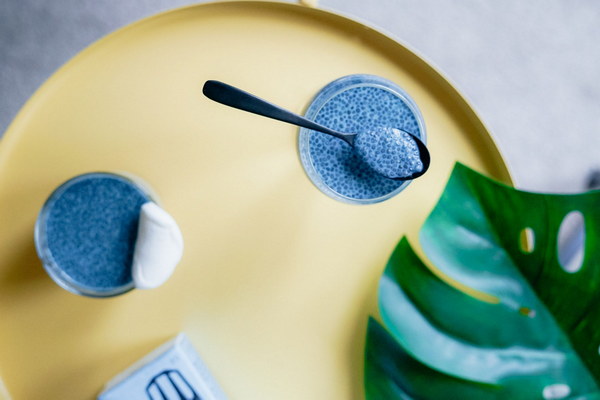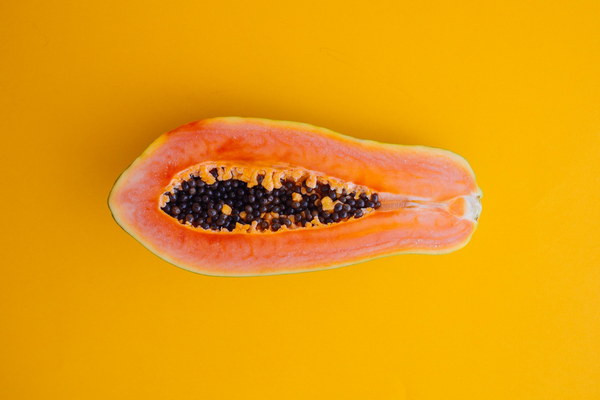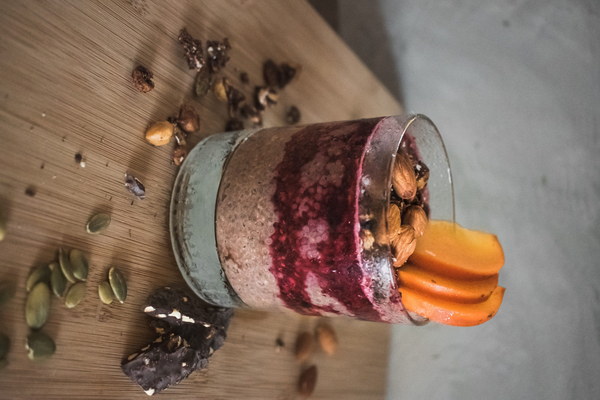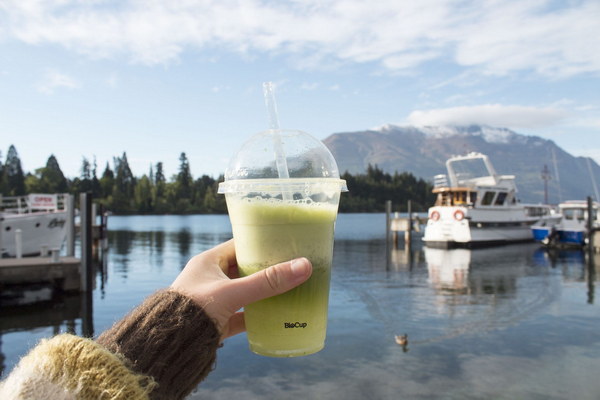Does Yam Aid or Eliminate Dampness A Comprehensive Look at the Traditional Chinese Medicine Perspective
In the realm of traditional Chinese medicine (TCM), the concept of dampness is a common condition that can lead to a variety of health issues. Many people turn to yam, a versatile and nutritious root vegetable, to combat dampness. But does yam actually aid in eliminating dampness, or does it exacerbate the problem? This article delves into the TCM perspective on whether yam is a friend or foe when it comes to dampness.
In TCM, dampness refers to an excess of dampness in the body, which can be caused by a variety of factors such as excessive moisture in the environment, overeating, or poor diet. Dampness can manifest in various ways, including fatigue, weight gain, bloating, and digestive problems. It is essential to address dampness to achieve a state of balance and overall well-being.
Yam, known as shan yao in Chinese, is a popular ingredient in TCM for its supposed ability to nourish the spleen and kidneys. The spleen and kidneys are two vital organs in TCM, responsible for maintaining the body's balance and fluid metabolism. Some believe that yam can help eliminate dampness by supporting the spleen and kidneys, while others argue that it may actually contribute to dampness due to its inherent properties.
Proponents of yam as a dampness reliever argue that its cooling and nourishing qualities help to balance the body's moisture levels. They believe that yam can aid in the digestion of dampness, which is essential for maintaining a healthy spleen and kidneys. Additionally, yam is rich in dietary fiber, which can help to regulate bowel movements and reduce bloating, both of which are common symptoms of dampness.
On the other hand, critics of yam's dampness-relieving properties point out that yam is a starchy vegetable, and excessive consumption of starchy foods can lead to dampness. They argue that the high sugar content in yam can contribute to dampness, especially in individuals with a spleen and kidney deficiency. Furthermore, yam's sweet taste is often associated with the element of Earth in TCM, which can exacerbate dampness in some cases.
So, which is it? Does yam aid or eliminate dampness? The answer may lie in the individual's specific constitution and condition. For those with a spleen and kidney deficiency, yam may be beneficial when consumed in moderation and combined with other TCM herbs and dietary adjustments. However, for individuals with dampness-related issues, it is crucial to monitor their intake and consider alternative food options.
Here are some tips for incorporating yam into your diet while managing dampness:
1. Limit your consumption of yam to moderate amounts, especially if you have a spleen and kidney deficiency.
2. Pair yam with other TCM herbs that can help eliminate dampness, such as astragalus (huang qi) or codonopsis (dang shen).
3. Incorporate foods with drying properties, such as ginger, turmeric, and garlic, to counterbalance the dampness.

4. Avoid excessive consumption of sweet and starchy foods, as these can contribute to dampness.
5. Ensure you have a well-balanced diet with a variety of nutrients to support your spleen and kidneys.
In conclusion, whether yam aids or eliminates dampness depends on the individual's specific constitution and condition. While yam may have potential benefits for some, it is essential to approach its consumption with caution and consider the overall balance of your diet and TCM treatment plan. Always consult with a qualified TCM practitioner for personalized advice and guidance.









